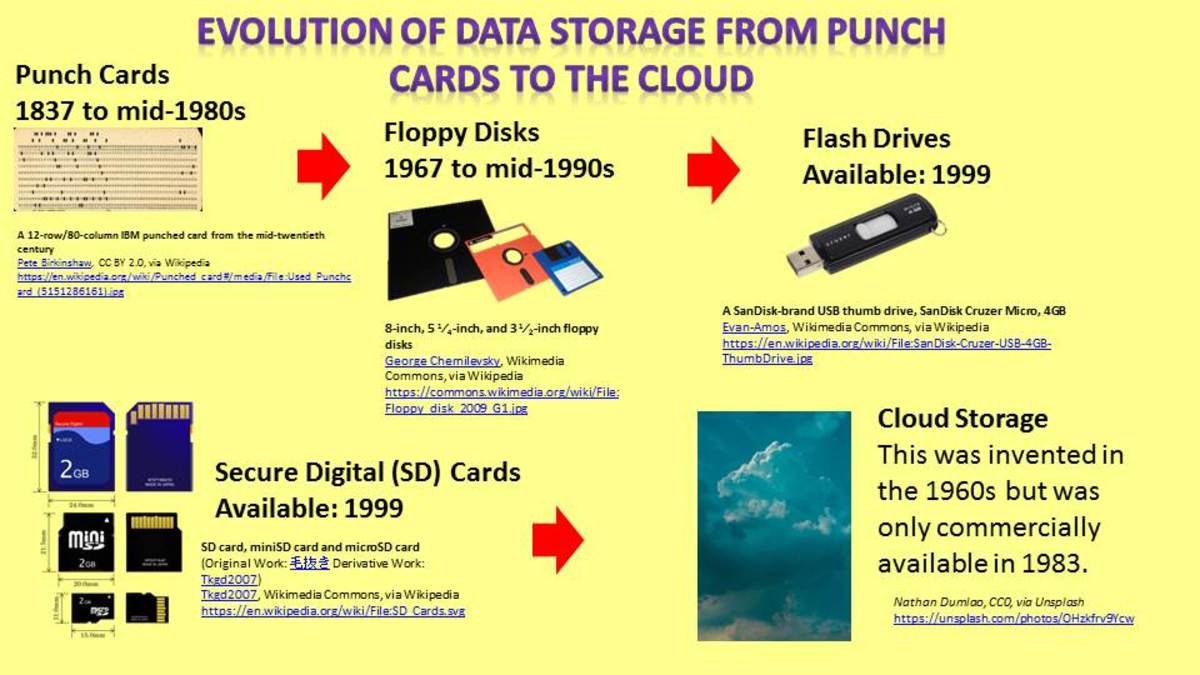What Is Cloud Hosting?
Introduction
When a business wants to move onto the cloud, there are several options. Cloud computing can be used to host websites, deliver software applications and support entire platforms from the operating system to the mail app.
Cloud hosting is a simple first step, since it moves the corporate website into the cloud without affecting any other corporate data, IT processes and software applications.
What is cloud hosting?

What Is Cloud Hosting?
If dedicated hosting can be compared to owning one's own home - the business’ web server - then cloud hosting can be compared to a time share. The website is moved or set up on a cloud server. The company can choose to maintain the website on the cloud or outsource web site design and development.
Businesses rent the space for the website on the cloud. Other aspects of a company’s IT infrastructure like software applications or databases may or may not be cloud based.

The Benefits of Cloud Hosting
Cloud hosting, like other forms of cloud computing, is pay as you go. If you need more memory, more CPU or more bandwidth and the cloud server has these resources, you will get it almost as soon as they payment clears. Because cloud hosting providers have massive arrays of servers, they have highly skilled professionals on staff to maintain the equipment and available to handle any problems you may have.
By moving a website to the cloud, hackers who access the website do not have a back door into your corporate network. Hot backups of your website are easily set up through cloud hosting, allowing the unaffected site to take the place of the hacked one at the press of a button.
Backups are easily arranged by cloud service providers. Your backup is simply saved on another portion of the cloud. They often offer network storage systems for personal computer backups in addition to the backups of the corporate website.
Many cloud hosting services allow customers to manage the resources they use through a control panel. The customer can add a new server or a new IP address without having to talk to the shared hosting administrator. Cloud hosting is more elastic; customers can use additional bandwidth and space temporarily and then give it back.
Cloud hosting has been described as one way to make IT greener. Large data centers have the money to buy the most energy efficient web servers and then distribute the cost across many customers. Customers can say they've switched to energy efficient servers without having to do anything but adopt cloud hosting. And the company can sell the server that was only partially utilized.

The Risks of Cloud Hosting
Cloud hosting service providers can offer a high degree of security for data on the cloud. However, they typically cannot guarantee the security of information that is being sent to and from the cloud – including the cloud hosted website. This makes the secure socket layer protocol, encryption and other information security measures incredibly important.
Cloud hosts can be hacked like any other form of web hosting. However, they are particularly vulnerable to denial of service attacks. A denial of service attack against the cloud hosting provider shuts down both the main website and any backups residing there.
Information stored on the cloud now resides on someone else's system. Data centers hosting websites, shopping receipts and financial data could be subpoenaed to provide this information and provide it to authorities. The owner of the website may only find out after the fact. In the case of Google and several other major IT giants, they have received thousands of information requests from the government and given the government data such as emails and financial records without informing the public.
Edward Snowden introduced us to a previously unknown risk of cloud hosting. The NSA considers data on the cloud to be public, unless the cloud is entirely on a company's network and hence a private cloud. Therefore, the use of cloud hosting to store financial, HR and other records means you have no expectation of privacy from the government. And where the federal government has built in a back door, the overall security of the information is reduced. To compound the problem, the government's data collection cannot be seen as secure in light of the OPM data breach that allowed the Chinese to steal millions of personnel files of current and past federal employees, military members and federal contractors.








